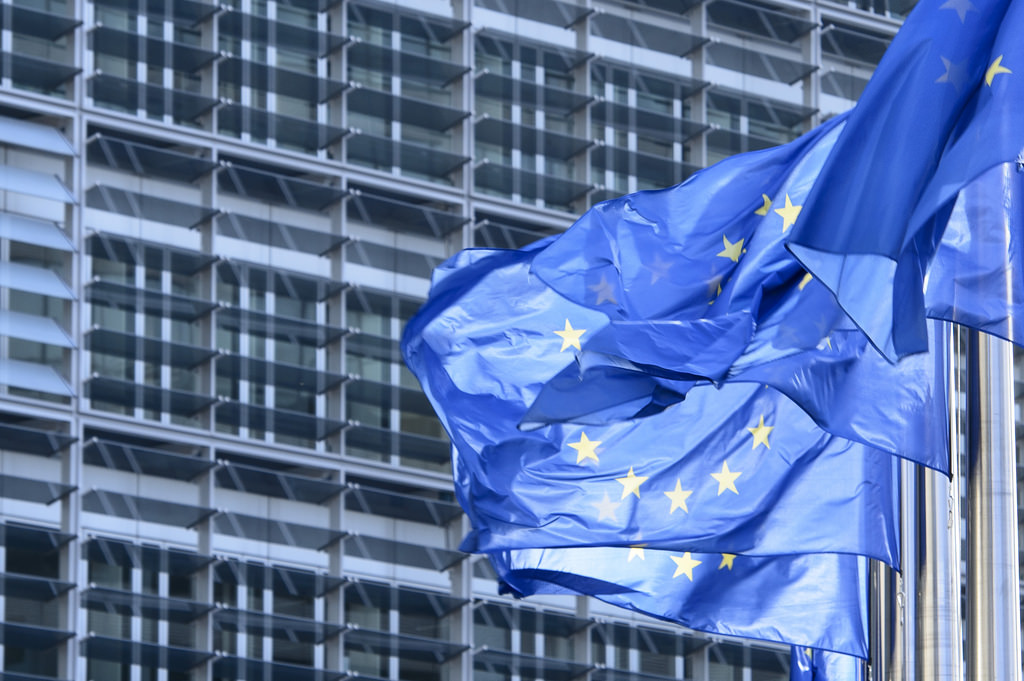Trade facilitation enhances environmental degradation, and this has to be addressed by policy makers. The noxious impact of trade on the environment is undeniable: it generates pollution through transportation (one of the most harmful economic sectors) and by fostering large-scale production for greater growth.
The European Union is both one of the world’s largest traders and a strong contributor in the fight against climate change. It currently has over 40 trade agreements implemented and several others underway, which equals to many more threats to the environment. To effectively conciliate its two desired positions, it has to make progress towards a greener and more sustainable trade policy. While European FTAs became more environmentally responsible in the past years, greater efforts are still needed to compensate their effect on pollution and climate change.
Trade agreements: negative and positive effects.
Trade agreements are double-edged tools. While they generate positive economic effects, they also contribute to the emission of greenhouse gases (GHG) and to the generation of negative externalities such as industrial waste or soil contamination. In order to better understand how they can – and must – be improved, we need to understand how they affect the environment. While it seems quite straightforward: more trade = more economic activity = more pollution; each trade deal actually has a different impact depending on the participants’ sectorial competitiveness. The EU-Japan trade deal for instance is foreseen to have a strong positive impact on the European dairy industry and on the Japanese car manufacturing sector. Two radically different sectors, with equally diverse types of effects on the environment.
But let’s not be Manichean. If the harmfulness of FTAs is undeniable, these can also have positive effects on the environment, mainly in developing countries. These can indeed, while facilitating investment, enhance the transfer of green technologies. Moreover, the implementation of certain regulations and measures within trade agreements can induce more sustainable practices. Some articles are promoting a more sustainable use of resources such as wood and fish. Moreover, complying with the common market’s strict regulations will induce the development of better practices, especially in the agri-food industry. For instance, the EU-Vietnam FTA will both enhance investments in the field of renewable energies, and lead to a more responsible use of chemicals in the agriculture thanks to strict phytosanitary measures.
Is there hope for environmentally-friendly FTAs?
The recent evolutions in European trade agreements brought significant improvements in the environment. Despite the measures and chapters aimed at developing a more sustainable economic model in cooperation with our trade partners (which lay positive foundations in this regard) the EU should continue improving these aspects. Defining and enforcing binding environmental clauses could be an effective way to mitigate the harmful effects of FTAs. An idea for instance could be to define a specific share of renewable energies to be attained through trade and investment mechanisms with our trade partners. This could however mean leveraging economic gains to achieve environmental goals.
Furthermore, it is important to see the big picture and consider policy-making as a whole. If trade agreements are inherently negative for the environment, the EU should develop other actions to compensate for these effects. Amongst the various external policies led by the EU, some are aimed at developing more sustainable practices through international agreements – like the FLEGT initiative, or by funding green development projects. Compensation is a key method in the fight against climate change. By enhancing such policies and developing other channels to cooperate with our trade partners on this horizontal issue, it is possible to mitigate the impact of trade agreements. Internal policies favouring more sustainable ways of transportation and green innovations can also contribute to this objective. Huge improvements could indeed come from ground-breaking innovations reducing the carbon footprint of trade.
The fight against climate change and the preservation of our environment are amongst the most important challenges faced by humanity in this century. European policy makers need to address this issue, and this includes the development of a more sustainable model of trade. Improving the content of FTAs is important; however, environmental concerns are inherently horizontal and have to be tackled through a comprehensive approach, using the whole spectrum of our policy tools.














Leave a Comment
Your email address will not be published. Required fields are marked with *